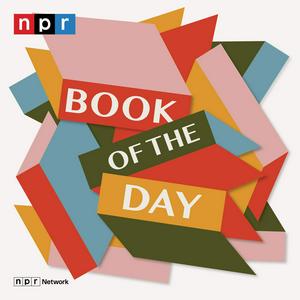Jung Chang’s memoir Wild Swans, published in 1991, told the story of three generations of women in her family as they survived upheaval in 20th-century China. Now, Chang picks up her family’s story in Fly, Wild Swans, which she was moved to write as her mother’s health failed. In today’s episode, Chang talks with Here & Now’s Scott Tong about her inability to return to China, the biography of Mao she co-authored with her husband, and the Xi era.
To listen to Book of the Day sponsor-free and support NPR's book coverage, sign up for Book of the Day+ at plus.npr.org/bookoftheday
To manage podcast ad preferences, review the links below:
See pcm.adswizz.com for information about our collection and use of personal data for sponsorship and to manage your podcast sponsorship preferences.
Learn more about sponsor message choices: podcastchoices.com/adchoices
NPR Privacy Policy


